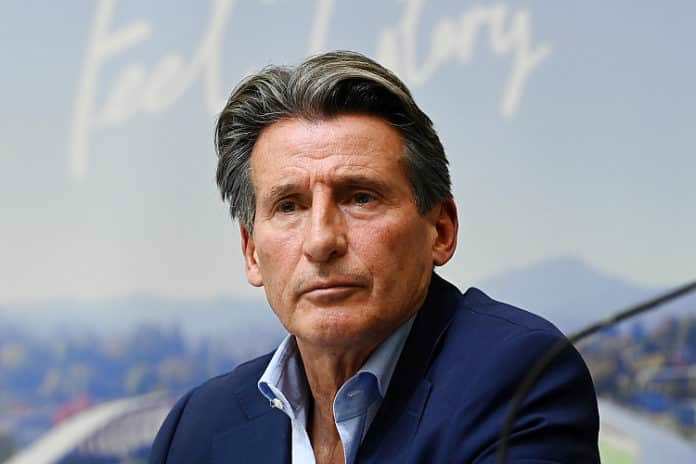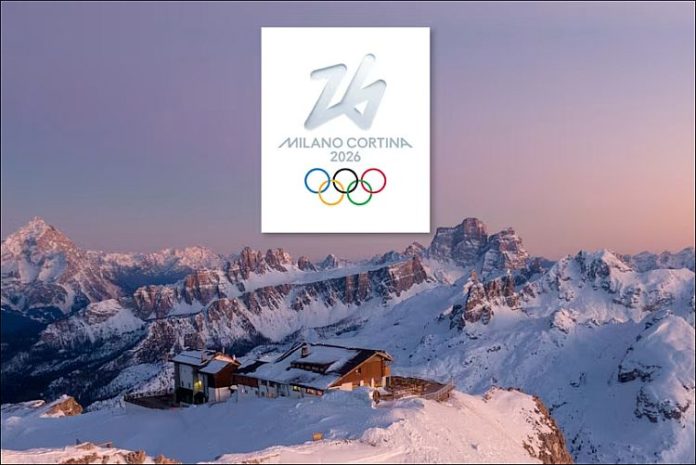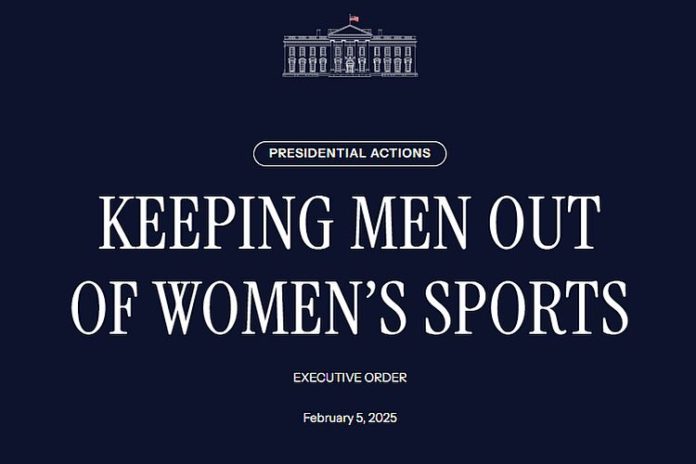★ The Sports Examiner: Chronicling the key competitive, economic and political forces shaping elite sport and the Olympic Movement.★
★ To get the daily Sports Examiner Recap by e-mail: sign up here! ★
≡ IOC PRESIDENTIAL ELECTION ≡
The seven candidates for the IOC Presidency continue to look for ways to get their message out, and interviews are one of the few permitted forums to express their ideas.
Britain’s Sebastian Coe, the head of World Athletics, is a leading candidate and spoke with African news media about the future last Friday.
Coe summarized his comments online as well, including:
“I recently met with African journalists to discuss the shared future of the Olympic movement and the Continent.
“The steps we will take in Africa (Africa Accelerator) could be a turning point for the Olympic and Paralympic Games. I would like to highlight a few issues in particular.
● “Organising the Games poses a significant financial challenge for every country. We need to take this to a more sustainable level and create a more collaborative approach.”
● “The 2026 Youth Olympic Games [in Dakar, Senegal]will be a significant milestone in growing the Olympic movement in Africa and inspiring the next generation of athletes. We have seen this happen with World Athletics Events we have, and continue to, stage in Africa.”
● “International Sports Federations should work together to reimagine and develop shared infrastructure for sporting events and collaborate with [National Olympic Committees and national federations] to ensure sustained legacy plans.”
He added that the IOC election itself can create new concepts:
“The great thing about an election is that it’s an incubator for new ideas. Every step taken to move sports and the Olympic Movement forward is valuable.”
The challenge of an Olympic Games is the sheer size and scope of the event. South Africa hosted the 2010 FIFA World Cup, with 32 teams and 736 players. By contrast, the 2015 African Games in Brazzaville (CGO) was the largest ever held with about 8,000 athletes, in 22 sports. More than 11,000 athletes will be in Los Angeles for 2028, in 35 or 36 sports.
He also underscored the need for athletes to be able to support themselves, remembering that his federation was the first and only sports governing body to ever pay prize money for performances at the Olympic Games, providing $50,000 payments to Paris 2024 winners:
“The ability of athletes to maximise their talents involves financial as well as mental and physical needs. We must find ways to give athletes more rights, more data, more assets they can monetise so they can focus on their sports.”
He also promoted the idea of using artificial intelligence as a way to help find athletic talent and develop it, “ensuring no one is missed because of geographic or financial barriers. This is critical in Africa where we have a wealth of untapped potential.”
Expect more and more of this from the seven candidates as the election is still more than a month away, on 20 March, at the 144th IOC Session in Greece.
¶
★ Receive our exclusive, weekday TSX Recap by e-mail by clicking here.
★ Sign up a friend to receive the TSX Recap by clicking here.
★ Please consider a donation here to keep this site going.
For our updated, 895-event International Sports Calendar for 2025 and beyond, by date and by sport, click here!

























